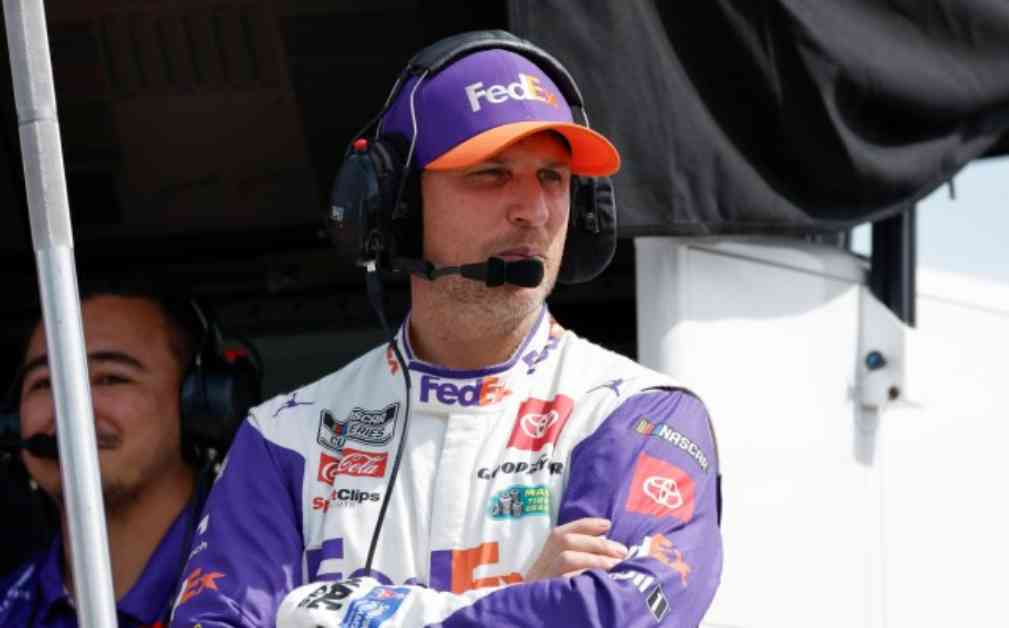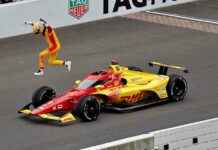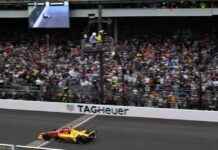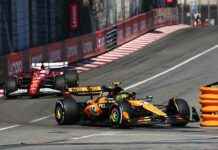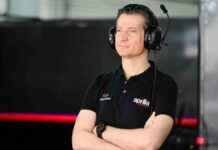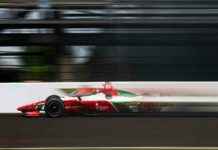Denny Hamlin, a prominent NASCAR driver, recently expressed his discontent with NASCAR’s new Open Exemption Provisional (OEP) in a candid interview at Bowman Gray Stadium. The OEP, which allows a world-class driver from another discipline to secure an automatic spot in the starting lineup, has stirred controversy within the racing community. Hamlin’s strong words, labeling the OEP as a move that “reeks of desperation,” shed light on the implications of this new provision.
The Controversial OEP: A Desperate Move by NASCAR?
As NASCAR gears up for the upcoming Daytona 500, all eyes are on the implementation of the Open Exemption Provisional. In an unprecedented move, Trackhouse Racing has secured a spot for renowned driver Helio Castroneves through the OEP, raising questions about fairness and integrity in the sport. The decision to include this provision in the new Charter Agreement has sparked debate among drivers, fans, and experts alike.
Hamlin’s critical stance on the OEP reflects a broader concern about the direction NASCAR is taking with this initiative. His assertion that the provision is a ploy to generate headlines and relevance speaks to a deeper issue of maintaining the sport’s authenticity and competitive spirit. As NASCAR seeks to attract new talent and expand its reach, the OEP represents a departure from traditional qualifying standards, prompting a reevaluation of the sport’s values and priorities.
The Daytona 500: A Battleground for Tradition and Innovation
The Daytona 500, known as the “Great American Race,” is a cornerstone event in NASCAR’s calendar, drawing top drivers and teams from across the racing world. With the introduction of the OEP, this year’s race takes on added significance as fans await the showdown between established stars and newcomers vying for victory. The clash between tradition and innovation on the track mirrors the larger debate surrounding the OEP and its impact on NASCAR’s future.
As the countdown to the Daytona 500 begins, the tension surrounding the OEP continues to mount, with stakeholders weighing in on its implications for the sport. While some see the provision as a necessary evolution to attract diverse talent and enhance the fan experience, others, like Hamlin, view it as a compromise of NASCAR’s core values and competitive ethos. The outcome of this debate will shape the future of NASCAR and its position in the ever-changing landscape of motorsports.
In conclusion, the Open Exemption Provisional has ignited a passionate conversation within the NASCAR community, raising fundamental questions about identity, fairness, and innovation in the sport. As drivers prepare to hit the track at the Daytona 500, the spotlight shines on the OEP and its role in shaping the future of NASCAR. Only time will tell how this controversial provision will impact the sport and its legacy, but one thing is certain: the race for the checkered flag is about more than just speed—it’s a test of tradition, innovation, and the enduring spirit of competition.
